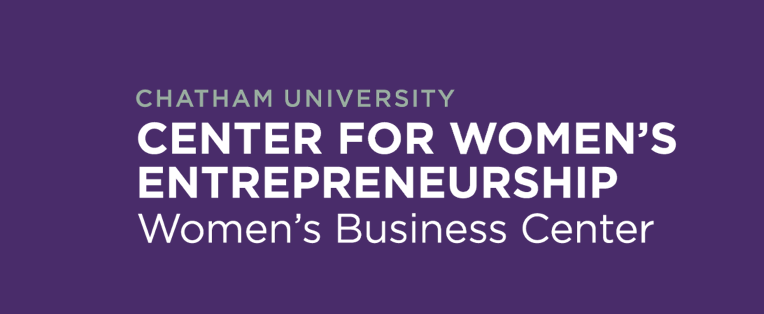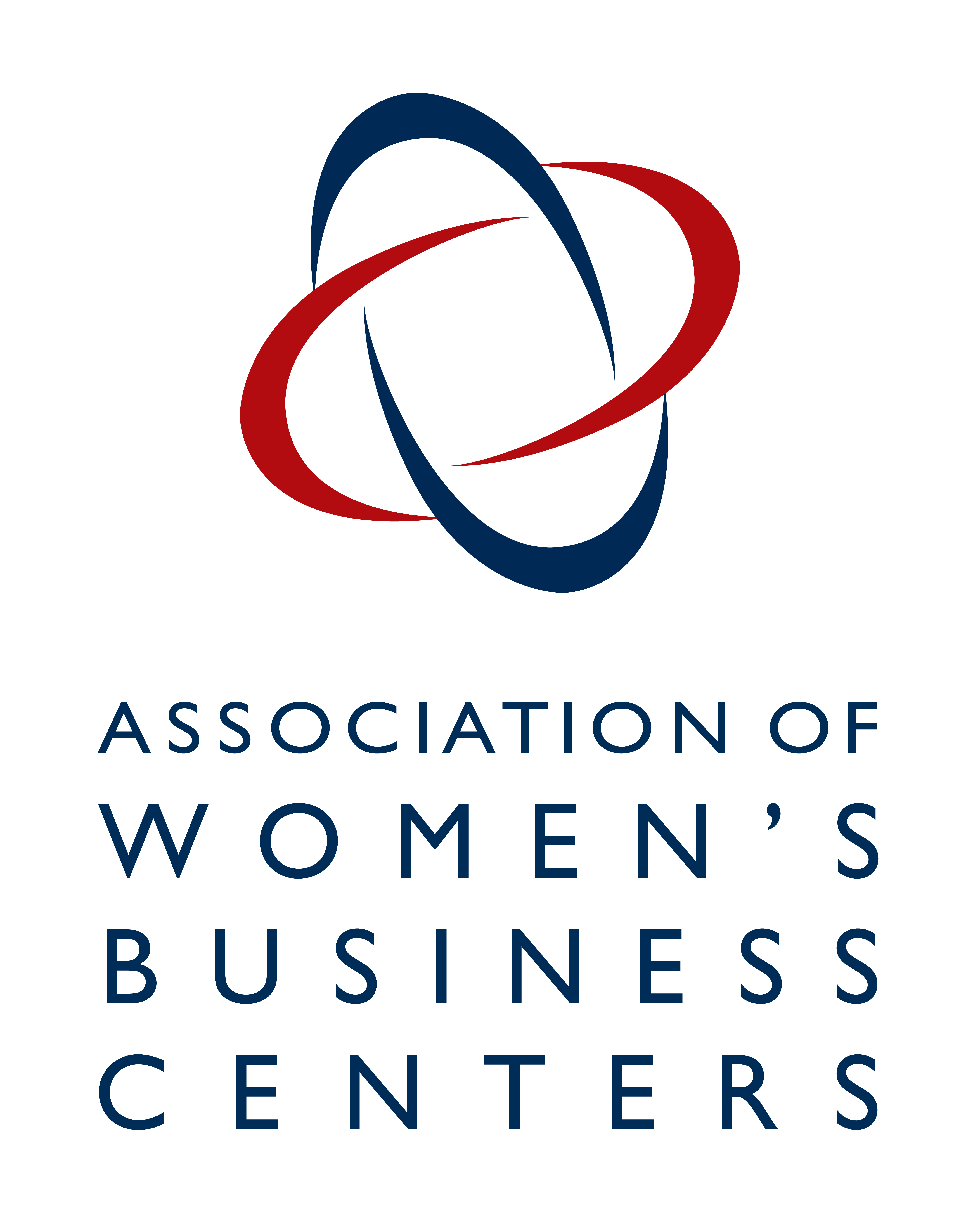WBC Expands Capacity To Support Vital Childcare Industry

By Lisa Abelar
Lisawritesaboutit@gmail.com
Six months into the COVID-19 pandemic, Time Magazine ran a story that detailed how the health crisis was “decimating” the childcare industry. Words like “crisis” and “imperiled” were used by other media outlets to describe a vital industry that supports the health of the American workforce well beyond what it’s given credit for doing.
So when childcare providers started calling at the beginning of the pandemic and asking for support and PPP loans from the Center for Women’s Entrepreneurship, a Women’s Business Center at Chatham University, a plan began to take shape to offer those business owners additional training and support.
Focused on resiliency and growth, the 10-week program that was developed and implemented proved fruitful for participants, a number of whom secured a brick-and-mortar location at the conclusion of the cohort or found ways to expand their existing footprint.
For Anne Flynn Schlicht, the center’s director, it all started when PNC Bank Foundation reached out to the WBC looking to develop a collaborative effort that would bring together financing and training. For the AWBC, the new program is an ideal reflection of its goal to encourage WBCs to build capacity and expand its services.
“We knew we had business owners in the industry,” Schlicth said. “It’s predominantly women. But, it’s a new area for us.”
In order to develop a useful and actionable curriculum that would truly move the business owners forward, Schlicht said she and her team spent the summer of 2020 researching local, state and federal regulations, connecting with the few WBCs that had developed similar programs, locating facilitators with 10-15 years of experience in the field and working with an existing childcare provider to create a curriculum.
The result?
The Business of Childcare, a program that split existing providers and start-up providers into two separate cohorts. The participants were also receiving forgivable loans through the program’s funding partner, and once they completed the class they were eligible to receive an additional $5,000.
The program participants weren’t the only ones who learned about the business of childcare throughout the course. Schlicht came away with a new knowledge base, too.
“There’s a lot of pinch points for growth. Salary demands, education, expansion. All of these factors prohibit growth,” Schlicht said. “And obviously, COVID has dramatically affected this sector.”
The majority of childcare services across the U.S. are provided by small business owners, according to the U.S. Chamber of Commerce Foundation. Due to COVID, it is estimated that about two-thirds of working parents changed their childcare arrangement and 60% of parents anticipate they will need to change their current childcare arrangement within the next year.
Further, a third of employers saw employees leave the workforce due to the effects of the pandemic.
“More people are working from home, but people still need to go to work,” Schlicht said. “Nurses are still going to work, police officers are still going to work. People still need childcare.”
The class covered business plans, location and layout, compliance, regulation, certifications, technology and CRM, and how to pass inspection. In addition, since the state of Pennsylvania utilizes a star ranking system for childcare providers, the program detailed how to navigate it.
“I was so impressed with these women’s passion. You really have to be passionate to go into it. And none of them were deterred in moving forward,” Schlicht said. “You continually have to be on your toes.”
Schlicht said it isn’t uncommon for start-up training classes such as these to see upwards of a-third of its participants decide it’s not the right path for them — which isn’t a bad thing. But with the Business of Childcare, everyone who started decided to move forward. And another WBC has already reached out to learn about the program and its implementation.
“Everybody has a better understanding of the role they have in society,” she said of the program participants.
And as an organization that primarily serves female entrepreneurs, the Chatham University Women’s Business Center already had a clear understanding of the value of childcare providers.
“We work with women, and I’d say 90 percent of them have childcare needs,” Schlicht said. “We understand that.”






Responses